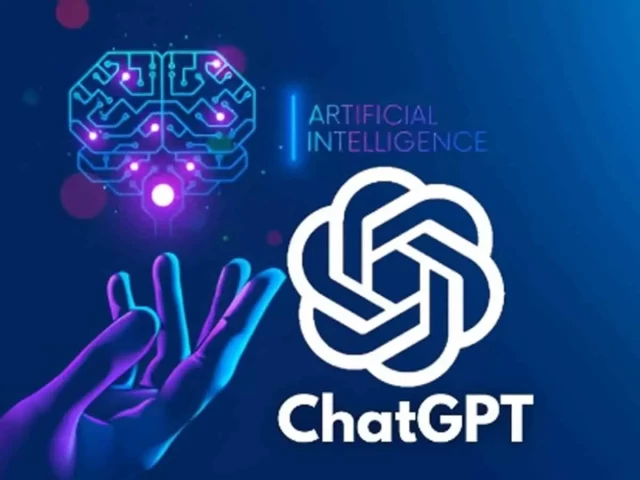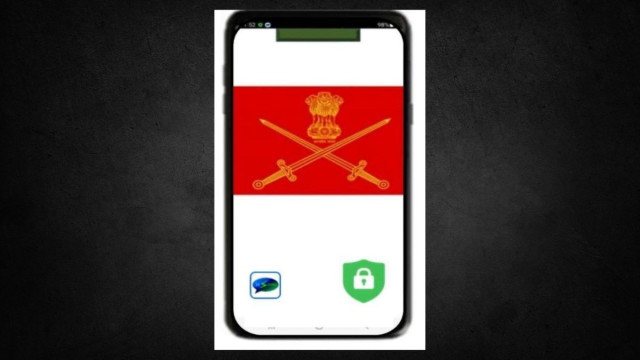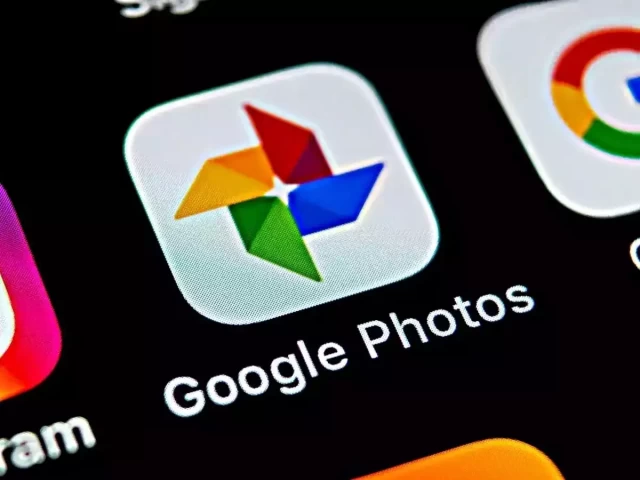AI Chatbots Like ChatGPT Show Promise in Evidence-Based Depression Care
- Posted on October 18, 2023
- Technology
- By Arijit Dutta
- 470 Views
A groundbreaking study published in the open-access journal Family Medicine and Community Health suggests that ChatGPT, OpenAI's AI chatbot, could surpass primary care doctors in evidence-based depression management. This research delves into the capabilities of ChatGPT, unveiling its potential to provide objective and data-driven insights for clinical depression while sidestepping biases present in doctor-patient relationships.
 Image Source -www.siasat.com
Image Source -www.siasat.com
A groundbreaking study published in the open-access
journal Family Medicine and Community Health suggests that ChatGPT, OpenAI's AI
chatbot, could surpass primary care doctors in evidence-based depression
management. This research delves into the capabilities of ChatGPT, unveiling
its potential to provide objective and data-driven insights for clinical
depression while sidestepping biases present in doctor-patient relationships.
The study focused on assessing ChatGPT's ability to
recommend treatment approaches for both mild and severe major depression, with
a specific eye on biases related to gender and social class. When questioned
about primary care physician recommendations, ChatGPT offered a range of
suggestions, including "watchful waiting," "referral for
psychotherapy," "prescribed drugs for depression, anxiety, or sleep
problems," and "referral for psychotherapy combined with prescribed
drugs."
In a remarkable revelation, the research found that
ChatGPT-3.5 and ChatGPT-4 recommended psychotherapy referral in 95% and 97.5%
of cases for mild depression, far exceeding the 4% suggested by family doctors,
aligning closely with clinical guidelines. Doctors, on the other hand, leaned
towards prescribing drugs alone (48%) or a combination of psychotherapy and
drugs (32.5%). In severe cases, doctors predominantly advised psychotherapy
coupled with prescribed drugs (44.5%).
In the realm of severe depression, ChatGPT outshone
doctors yet again, advocating for treatment alignment with clinical guidelines
more frequently – 100% for ChatGPT-4. A notable contrast was the 40% of doctors
who exclusively recommended drug treatment, a deviation from ChatGPT's
approach.
Moreover, doctors frequently proposed a blend of antidepressants, anti-anxiety medications, and sleeping pills in 67.5% of cases, while ChatGPT leaned more towards recommending antidepressants alone, with 74% for ChatGPT-3.5 and 68% for ChatGPT-4. ChatGPT-3.5 (26%) and ChatGPT-4 (32%) also suggested a combination of these medications.
Also Read: DS Group's Strategic Expansion: Prospects Of A ₹2,000 Crore Deal With Great India Place Mall
The study's key takeaway was the precision and unbiased
nature of ChatGPT-4's treatment alignment with clinical guidelines. No
discernible biases related to gender or socioeconomic status were detected in
the ChatGPT systems, signifying their potential to enhance decision-making in
primary healthcare.
In short, this research underlines the potential of AI chatbots, such as ChatGPT, to serve as valuable tools for healthcare professionals by offering evidence-based and unbiased treatment recommendations for clinical depression. This development has the potential to elevate the standard of care for patients suffering from depression and represents a significant stride in the realm of technology-assisted healthcare.




